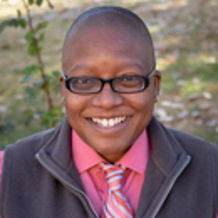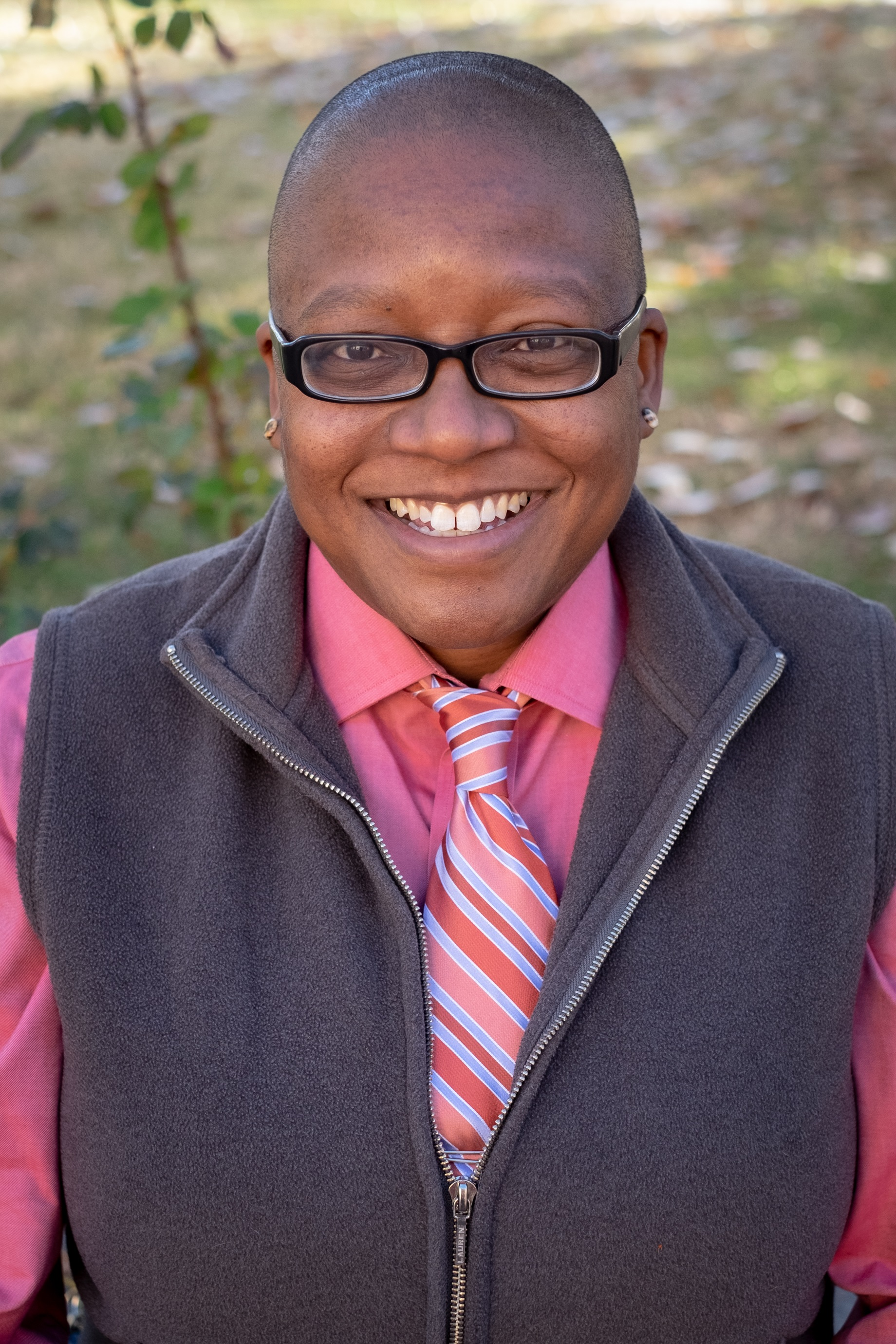Examining Whiteness in the Therapy Room (Part 2)
Deepen your awareness of how white supremacy culture shows up in the therapy room.
Attendees will be introduced to ways in which we perpetuate anti-Blackness, colorism, ableism, queerphobia and/or transphobia. In our roles as therapists we may inadvertently be participating in putting trauma on display, burdening Black, Indigenous and People of Color when they should be centered as clients. Our professions in social work, mental health, and medical settings sets us up in positions of power. Those of us with skin privilege may be actively participating in aspects of white supremacy culture w...Read moreithout awareness, exacting a cost upon clients within these systems that are meant to help them.
We will discuss examples of how we can replicate and participate in aspects of white supremacy culture identified by Kenneth Jones and Tema Okun. Within our work, most of us have been acculturated to harmful characteristics of white supremacy culture like defensiveness, paternalism, fear of open conflict, individualism, objectivity, and the right to comfort and more. Many of these characteristics are embedded within our theories, methods, and practices as our field has been built within this culture. While we are not individually responsible for this oppressive history of the mental health industrial complex, we are responsible for reducing harm and transforming our profession for the better.
Attendees will have attended Examining whiteness in the therapy room part 1 or have foundational understanding of white supremacy culture before attending this training.
This session might be a good fit if...
-you have actively asked yourself about your levels of power.
-you have an understanding of the concepts of skin privilege and colorism.
-you understand how implicit bias might show up in the therapy room.
-you are ready to examine the countertransference that comes up for you with clients of different experiences of systems of oppression.
-you have experienced some form of marginalization (ie. you're a person of color, you're LGBTQ, you're disabled, or you grew up poor, etc) yet you are committed to expanding your growth edge.
This session *may not* be a good fit if...
-you feel triggered when confronted with skin privilege.
-you don't believe that race is a socialized construct.
-"white supremacy" seem like words that should be reserved for extremists.
-you're concerned about white bashing in these sort of trainings.
-you believe we are part of one race... the HUMAN race.
-you have experienced some form of marginalization (ie. you're not white, you're LGBTQ, you grew up poor) so you already understand. Less...
Learning Objectives
- Recognize ways in which we perpetuate anti-Blackness, colorism, queerphobia, ableism and transphobia.
- Identify ways in which we replicate harmful characteristics of white supremacy culture like defensiveness, paternalism, fear of open conflict, individualism, objectivity, and the right to comfort.
- Examine how to actively engage in the personal deconstruction of white supremacy culture in order to reduce harm to BIPOC clients in therapeutic settings.
- Identify liberatory, anti-racist approaches and practices to bring into therapy.
Friday, January 14, 2022
11:00 AM MST - 01:00 PM MST
Register for this WebinarAbout the speaker
CE Information - Earn 2 CE Credit Hours
CE Approvals
National Association of Social Workers, New Mexico
CE Process Info
Each professional is responsible for the individual requirements as stipulated by their licensing agency. Please contact your individual licensing board/regulatory agency to review continuing education requirements for licensure renewal.
A continuing education certificate for the event will be obtained using the website, CE-Go. Before the event, you will receive an email containing a link to CE-Go. (This link will be sent to the email account you used to register for the event).
Upon accessing the CE-Go website, you will be able to:
- Join Webinar Sessions
- Complete evaluation forms for the event
- Download your continuing education certificate in a PDF format
If you have any questions or concerns regarding the CE-Go process, please contact CE-Go at 888-498-5578 or by email at support@ce-go.com

